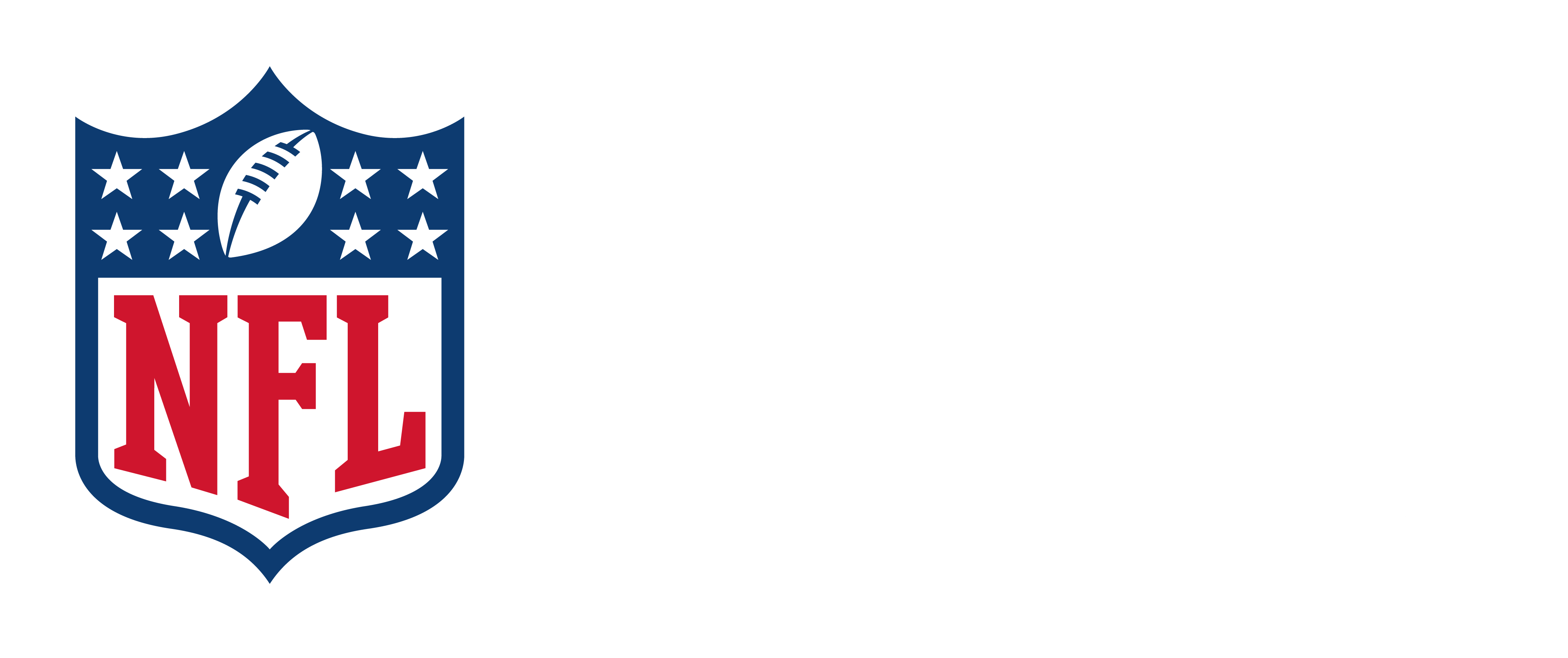This summer, Dr. Nyaka NiiLampti, NFL Vice President of Wellness and Clinical Services, and New Orleans Saints linebacker Demario Davis sat down as part of a special event hosted by the American Psychological Association to discuss how physical and psychological strength are key to navigating the emotional toll of COVID-19 and racism.
The event, titled "The Perfect Storm for BIPOC: The Emotional Toll of Racism and COVID-19", addressed the stigma of mental health, the connection between mental health and physical performance, and the unique challenges of staying mentally healthy through times of crisis.
Dr. NiiLampti and Davis shared insights through the lens of their unique experiences – as a psychologist spearheading the NFL's Wellness and Clinical Services program and as a professional athlete who advocates for the importance of mental wellness.
Watch their conversation above. Excerpts are below.
On the importance of mental health, particularly during periods of high stress
Demario Davis: I'm a tank-filling guy, so I like to fill up my tanks. I need a full tank spiritually. I need a full tank mentally. I need a full tank physically. When my tank is full, I'm ready to take on that adversity.
When something like COVID-19 hits [it's important to] have normalized creating psychological strength. The people who are processing this the right way are those who have put in the time to understand their mind, so that [they] can compartmentalize, prioritize and organize [their] thoughts and …process this in a manner that is ultimately healthy.
Dr. Nyaka NiiLampti: Physical health and mental health are inextricably linked, and you'll notice that players who are able to play this game at a high level for a long time have figured out that they need to be intentional in making sure that they're taking care of all aspects of themselves – that includes their mental health.
Demario Davis: I would encourage everyone to look toward someone they trust, to go to a mental health professional to keep your mind in a growth state. Think about it as quality of life and strengthening.
On the interconnectedness of mental health and strength and athletic performance
Demario Davis: This mental part is so key for optimal performance because when we think about the buckets underneath the psychological part, you have the mental, the emotional, and the social… When we think about being the best person or putting the best product on the field, that's a huge competitive advantage. In a game where everybody's trying to get an inch and you're able to go bounds and miles, it's revolutionary.
It gives me a competitive advantage on the field, but it gives every human being the competitive advantages to live their life. If you don't have the tools to know when to engage and [when] to step away, your brain will go haywire. Ultimately, what we always want to be is in a growth state. You want to be growing physically, you want to be growing mentally. The only way to do those things is to work at building them up.
Now when I do my physical training, I'm not distracted. I don't have all these pop-ups coming up in my mind or all these doubts or worries that are limiting my training. Now I'm able to, in essence, be the optimal version of myself.
On the importance of seeking help from experts to improve mental health
Demario Davis: I believe in God, and I'm proud of that. My faith, and growing in my faith, is what allowed me to grow in mental wellness. I got open and was able to be transparent… I had to share some uncomfortable things. Once I got past that hurdle, I realized there was so much opportunity for me to grow. There were things going on mentally that were like a paper jam, but in the mind. I had to talk to a psychiatrist or a psychologist that could help me process those things.
All they did was give me cues. It was a dialogue with someone who was essentially training me – just like having a conversation with my strength coach. This tool will help you interact with yourself emotionally. This tool will help you interact with your teammates and have conflict resolution. This will help you create boundaries. Those tools are what help you get from where you are to where you want to go.
Sometimes I'm really struggling with depression and someone will say, "just pray about it," but it's not that simple. Your brain is trapped underneath some bricks. There are people who are experts in helping you get those bricks off.
On improving mental health literacy, particularly for communities of color
Dr. Nyaka NiiLampti: I think part of it is starting with conversations. And that starts with something as simple as how we have conversations about how we're doing. Also, when we think about numbers, what's the percentage of African Americans who are psychologists? That's another piece when we think about teaching young people, particularly in communities of color, around mental health and the folks who are providing mental care don't look like them.
Demario Davis: With all of this going on in the country, let's look at what type of access is offered to the Black community for mental health. Especially about how we look at the criminal justice system and how we are criminalizing stuff that could be dealt with in the mental health space, and how that could actually make our country better. All of us need to be thinking that we can grow a lot by adding [mental health] to our life.
On breaking the stigma associated with mental health and improving lives
Dr. Nyaka NiiLampti: There is a tendency when we talk about mental health to equate that with mental illness. We use those two terms synonymously too often, and that shuts the door for engaging with people on conversations around strengthening mental health. We all have mental health – the question becomes how do we build positive mental health? If the idea is, "I want to perform at my optimal," then pretending [mental health] doesn't exist costs us.
Demario Davis: Most people don't go deeper with their mind because they're afraid of what's in there. I remember my team psychologist with the Jets told me, "you're the only one who comes in here." I just didn't have that fear. Once you try it and realize, "oh this is not what I thought it was," you can get past the myths. Mental health has a stigma – if you talk to somebody about mental health, there's something wrong with you – but once you get past that stigma and realize it's a good thing, then I think you can grow.






